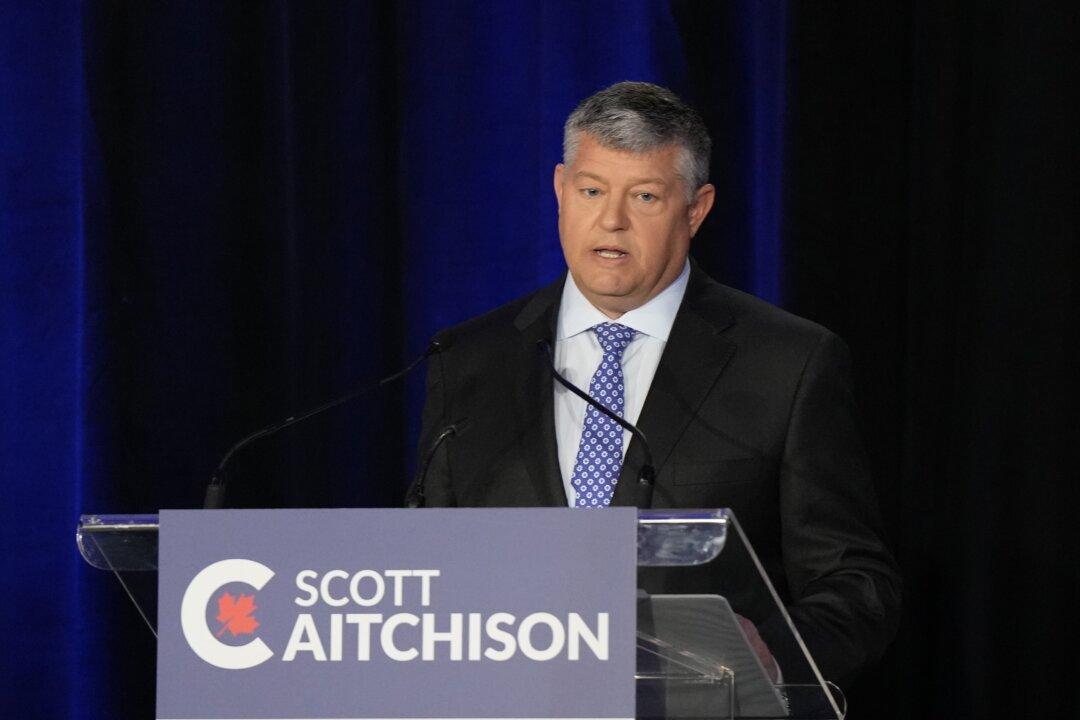Conservative leadership candidate and MP Scott Aitchison says it’s important to recognize Taiwan as a sovereign state, and that the “One China” policy has been a “failure.”
“Taiwan is a vibrant democracy right next door to the behemoth communist regime of China. They’re constantly under [the regime’s] bully tactics and threats, and yet, that’s a beacon to the world,” Aitchison told The Epoch Times in an interview.





